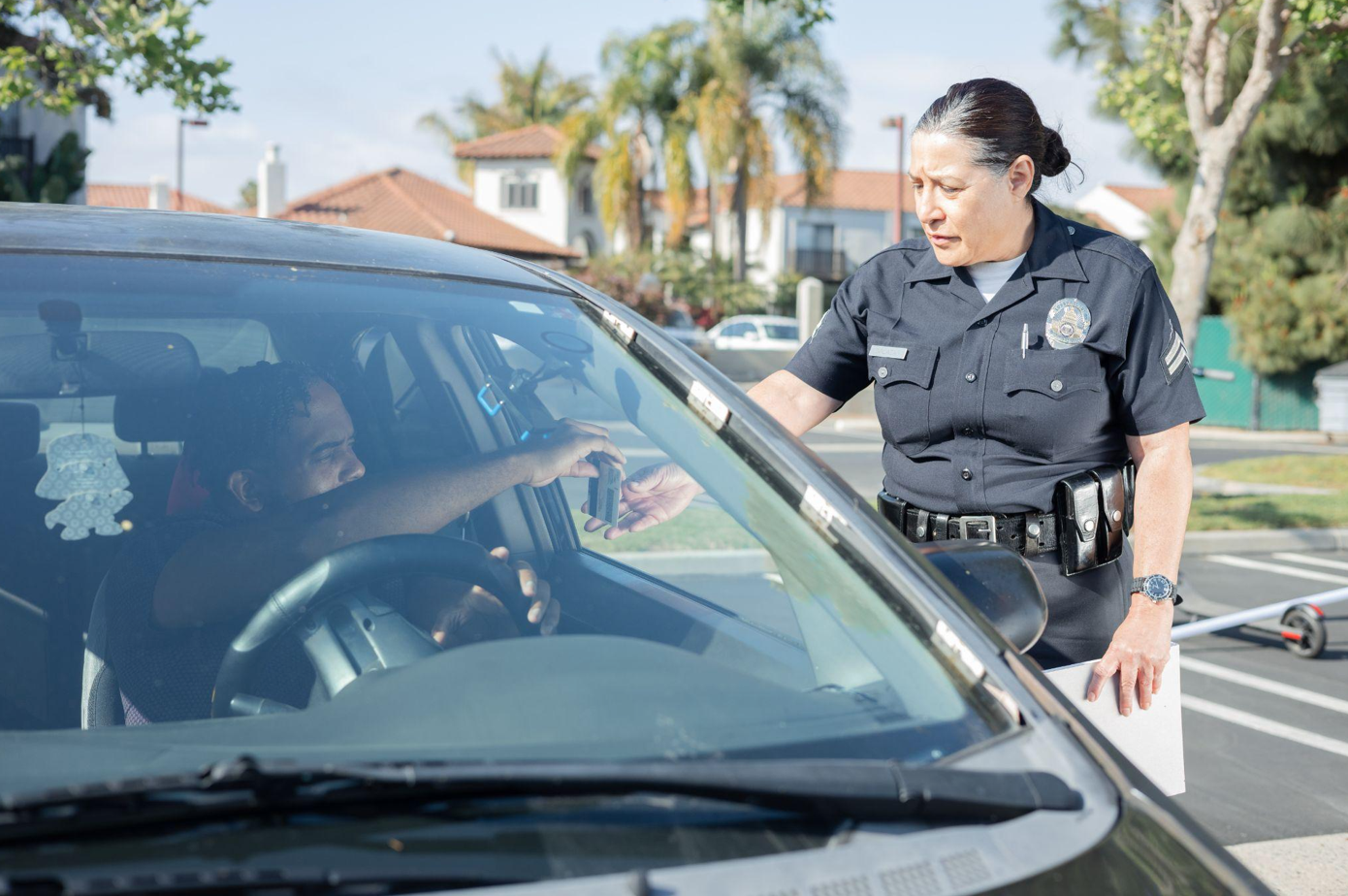Health and vehicle insurance are essential to bring with you to your meeting.
Being involved in an accident that you’re not at fault is already stressful. The idea of recovery and figuring out what you should on your meeting with a personal injury attorney is challenging and overwhelming. Still, being prepared for your meeting can relieve some of that anxiety.
There are some things you need to have ready with you when you’re meeting with your personal injury lawyer. It’s essential that they have all the necessary information, documentation, and evidence. Or else they can’t do much for your case or advise you correctly.
What to Have Ready
Before deciding on the documents, you must find a qualified attorney near you to ensure you can meet with them more often. After you have that figured out, it’s time to think of the documents you need to have readily available.
If the accident happened recently, perhaps you have most of the necessary documentation at hand. And if you’re having doubts about a certain form and whether your lawyer will need it, it’s still recommended you bring it in. After all, being over-prepared is better than being underprepared.
Suppose you’re from San Diego, California. In that case, you can reach out to San Diego Personal Injury Claim Lawyers, and they’ll inform you of the necessary documentation and steps. They’ll also review your case and assess the injuries so you end up with a fair settlement. That said, here are the five documents you should bring with you:
Medical Records
Whether you’ve experienced severe or minor injuries, it’s likely you’ve gone to the doctor. If that’s the case, don’t forget to not throw away any of the records or paperwork.
When you make a personal injury claim, simply speaking won’t do much. You’ll need actual medical proof, as it’ll make your case stronger and ensure that the injury was caused solely by accident. These documents are crucial to your claim, so hold onto them.
Personal Statement
One of the most important things you should have with you is a personal statement that’s carefully written and detailing the accident. Essentially, this is your point of view, which will save you time and avoid the accusations that you’ve changed your story.
To ensure you’ve written every necessary detail, you can consult with your attorney, and they’ll review it. If you decide to work with an experienced team like the Jeffrey Estes Injury Lawyers, you can expect to write a perfect personal statement in no time.
In case you don’t remember what exactly happened, you can state you can’t recall the rest. Don’t try to make something up just for the sake of a claim.
Police Reports

If your accident was serious, to the point where the police were involved, then you’ll definitely need the police report. These are extremely hard to dispute because they’re usually unbiased and tell both sides of the story. You can either make a copy or ask your lawyer’s office to make a copy of the original report.
Insurance Information
Health and vehicle insurance are essential to bring with you to your meeting. You can make a copy of your insurance card and put it with the rest of the paperwork to give to your lawyer. For example, if you’ve been involved in a serious accident like a truck collision, you need to know that there are attorneys who specialize in these cases.
If that’s your situation, you should find a truck accident lawyer in California, and they’ll negotiate with your insurance company about the case to ensure you receive fair compensation.
Identification
Ideally, you should never leave home without some type of identification. That’s why when meeting with your potential attorney for the first time; you should bring an ID, Driver’s License card, or your social security card.


Join the conversation!